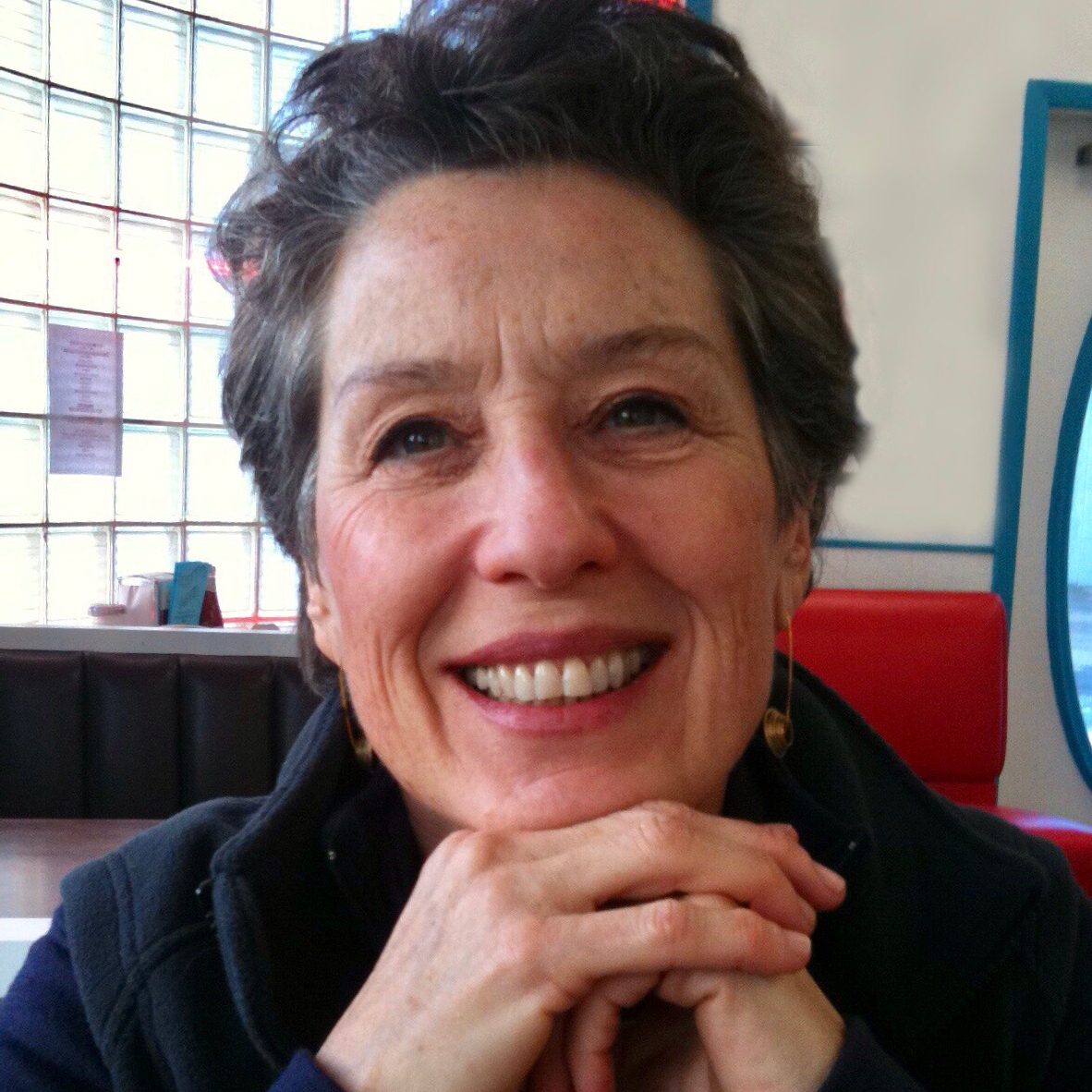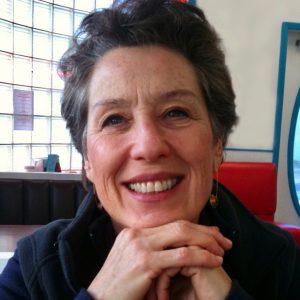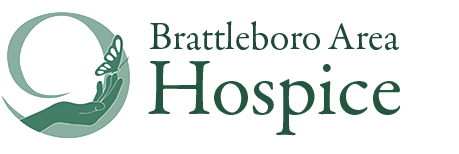
05 Oct Spiritual care deepens hospice work
BY CHRIS MAYS Brattleboro Reformer
Monday, October 5, 2020
BRATTLEBORO Muriel Wolf dedicated most of her 25 years with Brattleboro Area Hospice to bereavement counseling.
“Then I decided to both broaden and deepen the work I wanted to do,” the hospice’s spiritual companion said.
The spiritual care program began about two years ago. It’s offered to dying clients, their family members, grieving clients, and volunteers and staff at the hospice.
Wolf described herself as a seeker interested in receiving the gifts of wisdom from faith traditions. When first meeting with a client, she doesn’t ask about religion.
“I say, ‘How are your spirits?'” she said. The approach involves looking at spirit as the foundation beneath a person’s heart, mind and body. Wolf said she assists clients in locating their “most inner, intuitive yearnings” then aligning those with their life as it’s being lived.
“The more closely those two things are aligned, the more nurtured the spirit is and the more able it is to support a whole being in whatever circumstances or events come along,” she said.
She’ll ask clients how they want to experience their last days. She believes someone’s spiritual needs can be addressed when they are unconscious if they make their wishes known earlier on.
Clients are offered dream work, journaling, ritual making activities and breathwork. They also can look at how to resolve issues or forgive people.
‘A GREAT HONOR’
Before the pandemic, Wolf met with clients at their homes. Her first for spiritual care elected to use Act 39, the Vermont law allowing those with terminable diseases the option to be prescribed a dose of medication that will end their life.
Wolf recalled meeting with the woman every week as well as with the client’s mother and a good friend of hers. She described the in-person interactions as intimate.
“It’s a great honor for someone to invite me into their life at such a tender and vulnerable time,” she said. “Really what my work focuses on is presence, my presence with another person. There’s a lot that is offered through gaze and through connection on an energetic level.”
As the pandemic pulled people away from those modes of communication, she believes more thought is being given to the differences found between in-person and remote interactions.
“In my work,” she said, “it makes a huge difference.”
She’s been meeting with clients outdoors when possible. Pretty soon, she’ll be moving to strictly remote meetings.
Beginning Oct. 13, Wolf will co-facilitate a new support group meeting twice a month via Zoom teleconferencing software. Eligible for participation are individuals experiencing loss of all kinds.
That might include sense of purpose, salary job or profession. Other losses might involve contact with friends, family members, spiritual congregation or medical providers.
Wolf said one group member’s mother died for reasons unrelated to the coronavirus but wasn’t able to receive family visits for the last six weeks of her life. She believes the pandemic is creating a lot of trauma outside of that experienced by frontline workers.
Masks cut facial expressions out of in-person interactions, a hardship Wolf acknowledged when talking about meeting with clients. One silver lining she cited is the ability for the new support group’s remote meetings to allow someone in Burlington to participate and another involves people experiencing a deeper appreciation for things ordinarily taken for granted.

